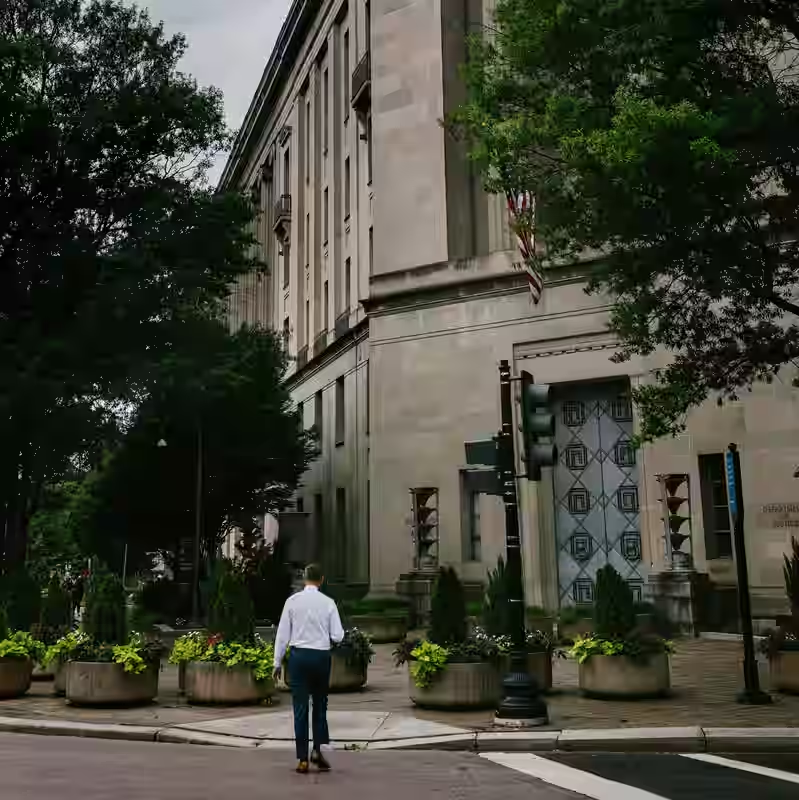Government Shutdown Triggers Court Slowdown Nationwide
Just hours into the 2025 federal government shutdown, the U.S. justice system began to stall. Justice Department lawyers filed a wave of emergency motions across federal courts asking judges to pause ongoing cases—citing a lack of funding and personnel due to the congressional impasse.

What’s Happening in the Courts?
In a rare move, Chief Judge James E. Boasberg of the U.S. District Court for the District of Columbia issued a standing order automatically extending government deadlines in civil cases for the duration of the shutdown. However, the order excludes criminal matters and emergency injunctions—meaning high-stakes lawsuits targeting President Trump’s second-term policies will continue uninterrupted.
Cases Already Affected
- Google Antitrust Case (D.D.C.) – DOJ requests pause
- Voter Roll Lawsuit (C.D. California) – Government seeks delay
- Education Funding Dispute (Minnesota) – Shutdown cited as “good cause”
- Domestic Violence Grant Case (Rhode Island) – Motion to stay filed
- Environmental Grants Lawsuit (S.D. South Carolina) – Judge grants stay
Will Judges Get Paid?
According to a memo from the Administrative Office of the U.S. Courts dated October 1:
“All court employees will receive scheduled paychecks on October 10 and 24. However, if the shutdown continues past October 17, furloughs and service reductions may begin.”
Supreme Court Remains Unaffected—For Now
The U.S. Supreme Court operates on permanent appropriations not tied to annual budgets, so it will continue functioning during a short-term shutdown. Longer disruptions could still impact lower courts that feed cases upward.
Shutdown Impact on Federal Judiciary: Quick Facts
| Area | Status During Shutdown |
|---|---|
| Civil Cases | Deadlines extended; motions to pause granted |
| Criminal Cases | Proceed as normal (essential function) |
| Injunction Requests | No delays—high-priority litigation continues |
| Court Staff Pay | Guaranteed through Oct. 24; uncertain beyond |
| Supreme Court | Fully operational |
Expert Insight
“The federal courts are heavily overloaded as it is,” said Georgetown Law professor David Super. “But if cases remain tied up indefinitely, it could pressure litigants—especially nonprofits and grant-dependent agencies—to settle prematurely.”
[INTERNAL_LINK:government-shutdown-2025] | [INTERNAL_LINK:federal-courts-funding-explained]




